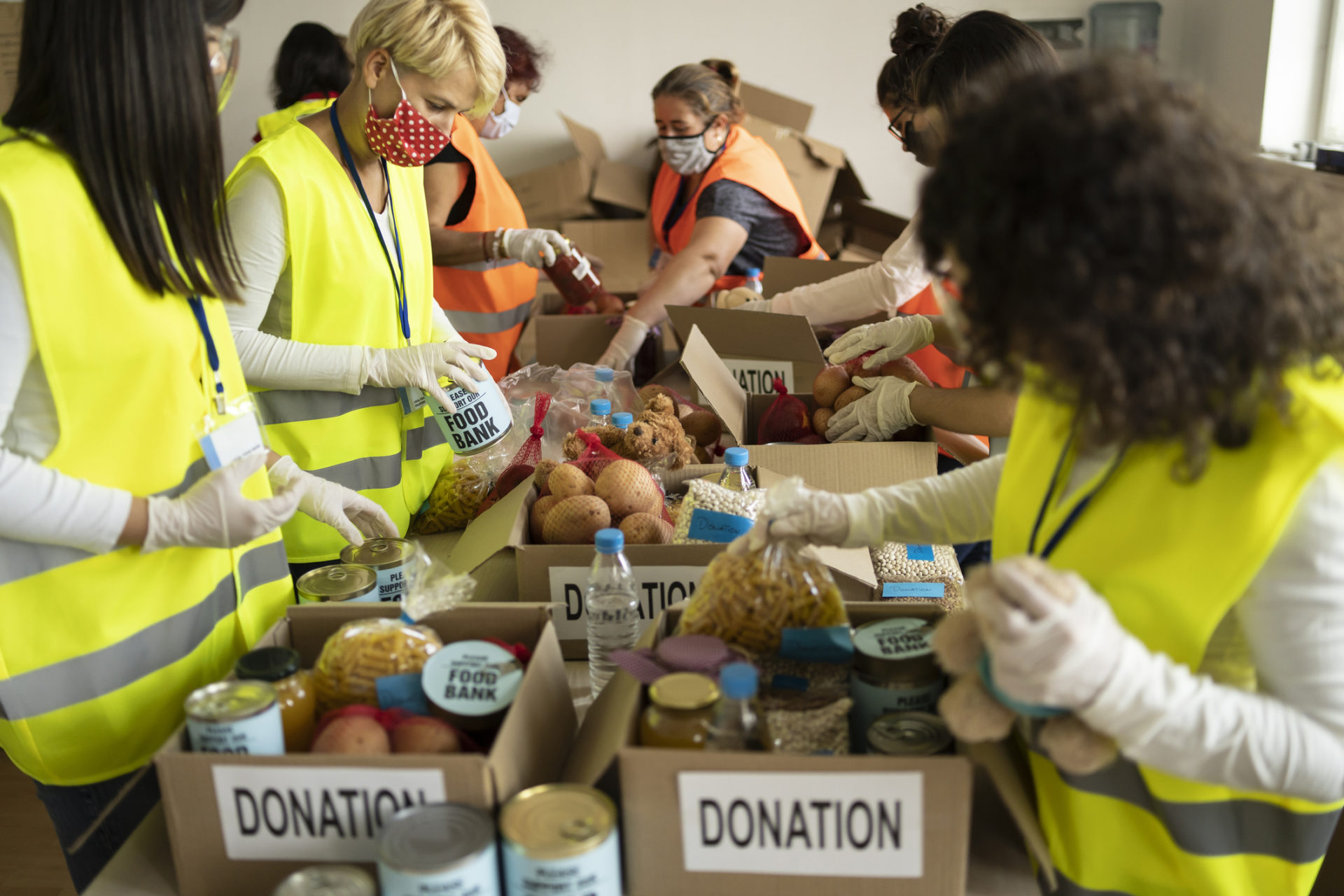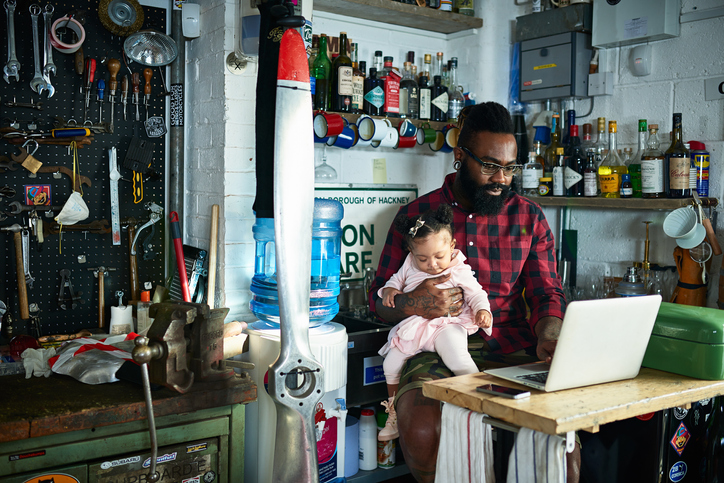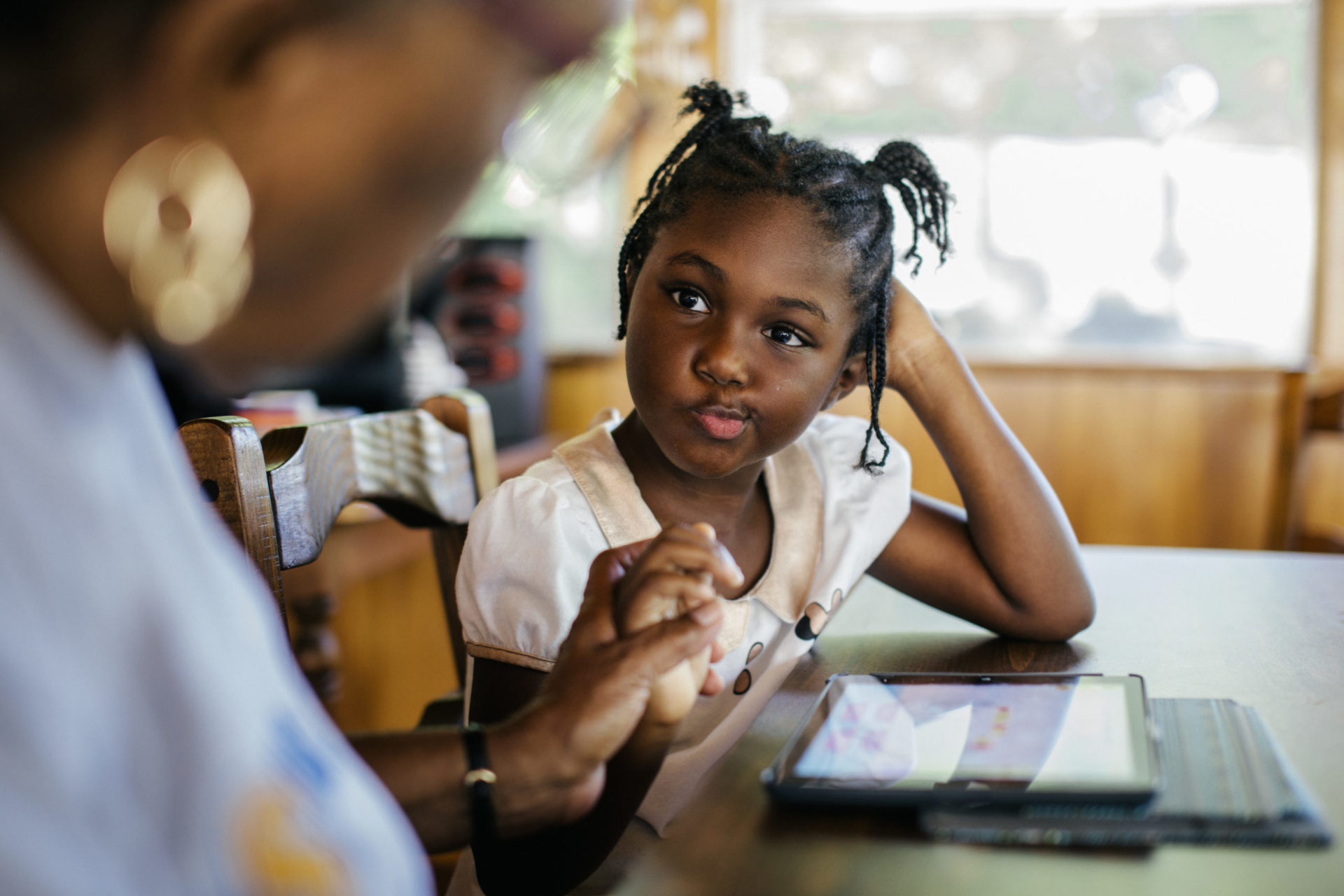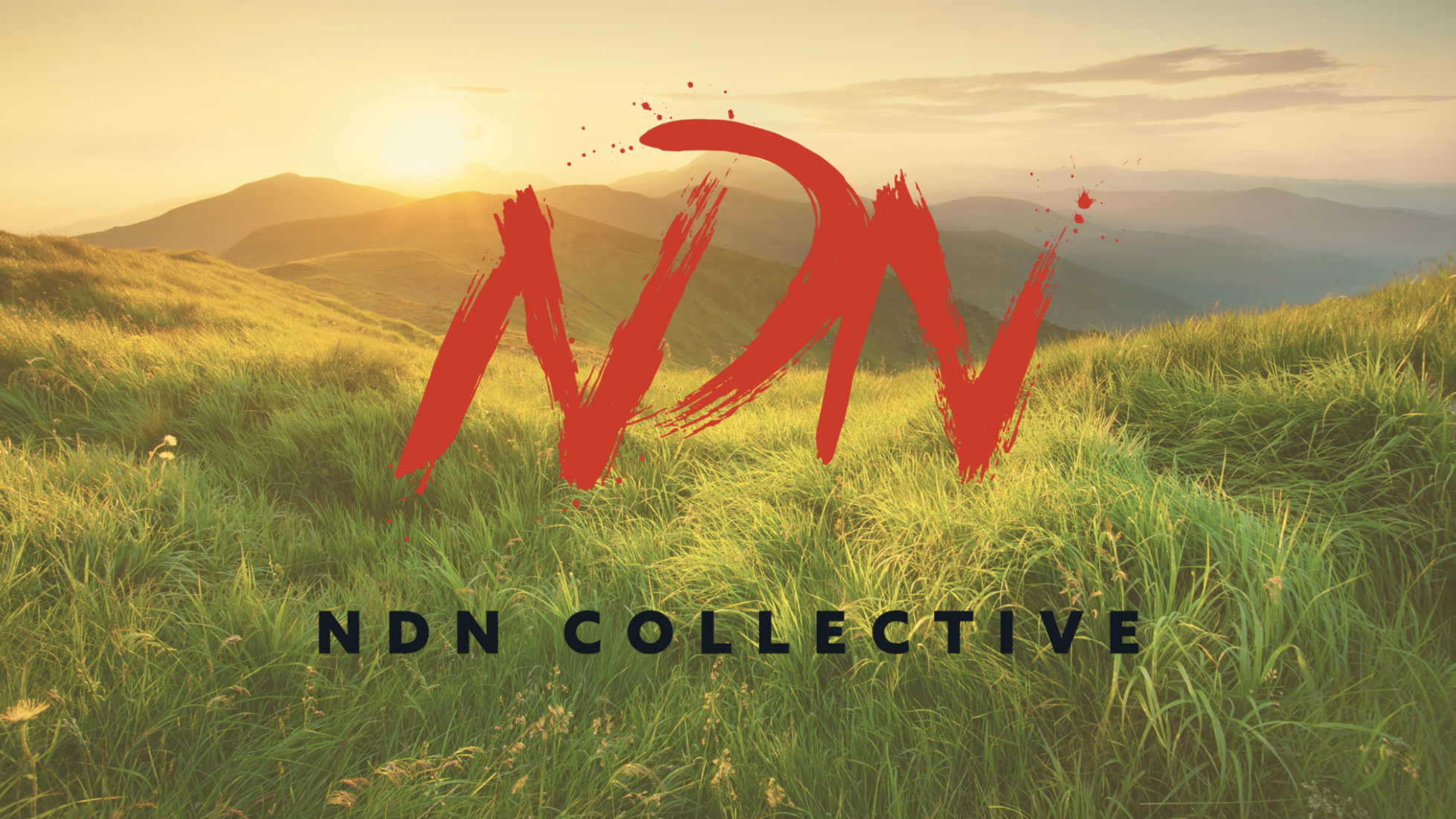Although the less densely populated areas of the country act as an invaluable engine to the economy writ large, federal funding for those same areas has been sorely lacking — leaving a vacuum for corporations and philanthropies to fill with funding for innovative solutions that will lift up the “forgotten” corners of the country.
During a NationSwell Roundtable on March 29 helmed by Caryl Stern, Executive Director of the Walton Family Foundation, and Mary Snapp, VP of Strategic Initiatives at Microsoft, business leaders convened to discuss and share some of the policies, practices, trends, and initiatives being deployed in rural areas in order to revitalize their economies and bring existing technologies up to date and into more homes.
Here are some of the key learnings from the event:
Expanding broadband access is an urgent need
An estimated 18-20 million people across rural America lack access to broadband, which is a crucial component to economic development. In an effort to close the rural broadband gap, Microsoft in 2017 launched its Airband Initiative, which aims to expand access to affordable internet, affordable devices, and digital skills by bringing together private–sector capital investment in new technologies and rural broadband deployments with public–sector financial and regulatory support.
The program aims to bring 3 million more people online by July of this year by installing WiFi hotspots, launching satellites, getting more deployments on the ground, and advocating at the infrastructural level for increased broadband access from the federal government.
A key component for success in rural America is getting more qualified teachers into classrooms
Not only is rural America facing a shortage of qualified teachers in schools, it’s also facing unprecedented levels of burnout amongst the teachers who are already employed there. In an effort to rectify this, the Walton Family Foundation has long supported national nonprofit organizations like Teach For America and Teach Plus, which disproportionately dispatch qualified educators to the Arkansas and Mississippi Delta regions where they are most sorely needed. Other organizations, such as Go Forward Pine Bluff, work with local partners to ensure that schools maintain a culture that teachers would want to be a part of in an effort to bolster talent retention.
Early exposure to technology is crucial
Closing rural America’s technology gap will also necessarily require early exposure to new tech so that residents can get a head start on staying competitive in an information-rich economy. Some key initiatives to support in that space are community classes and skills programs aimed at introducing more businesses, entrepreneurs and residents to the technologies that will help them to navigate a rapidly evolving world. Mary mentioned that TEALS — Technology Education and Literacy in Schools, a Microsoft Philanthropies program that builds sustainable CS programs in high school — and other formal education programs, like Future Farmers of America and the National 4‑H Council, are instrumental in youth development and providing mentorship opportunities.
Expanded news coverage can help to fill information gaps in rural communities
Small but sustained investments in local news across the country can have an outsized impact when it comes to revitalizing communities. Not only is having a strong media outlet in your community important to the democratic process, it’s also an invaluable way to keep readers informed and reflect community values.
Added support for entrepreneurship can help to empower individuals
Working to strengthen individuals and organizations can hand the power back to communities so that they themselves can take ownership of the grassroots process of rebuilding. Caryl mentioned that one such person doing such work is Tim Lampkin, the co-founder and CEO of the nonprofit Higher Purpose, which is dedicated to building community wealth with Black residents across Mississippi by mentoring local entrepreneurs. Higher Purpose also provides community and leadership training, and offers assistance on branding, legal requirements, financial management and more so that individuals have the tools they need to grow right in their communities.
Detail work at a local level can ensure that dollars are spent on solutions that will make the biggest impact
Funds for inclusive and sustainable economic development are seeing great successes in their ability to steer reinvestments in local communities on the ground. In California, funds like Regions Rise Together — which helps reinvest in local communities and focuses on inclusive, post-Covid climate work that brings regions in California together — and the California Dream Fund — which works to provide microgrants to seed entrepreneurship and small businesses in the state — are helping to close inequality gaps and provide increased economic opportunities for women and people of color.
Tapping into local power can help to solve local problems
Organizations like Girltrek have convened more than 700 million Black women worldwide to walk together as a means of self-care and as a way to heal intergenerational trauma and fight systemic racism. Building these coalitions on the ground can create local power and serve as a powerful reminder that the power and intelligence of local folks is sometimes the best driver of change when it comes to solving local problems.
NationSwell’s Institutional Membership program is built for leading corporations, philanthropies, and investment firms, designed to help leaders take their work in CSR, ESG, DEI, Impact Investing, Sustainability, and Philanthropy to the next level. Learn more about NationSwell’s Institutional Membership community here.








